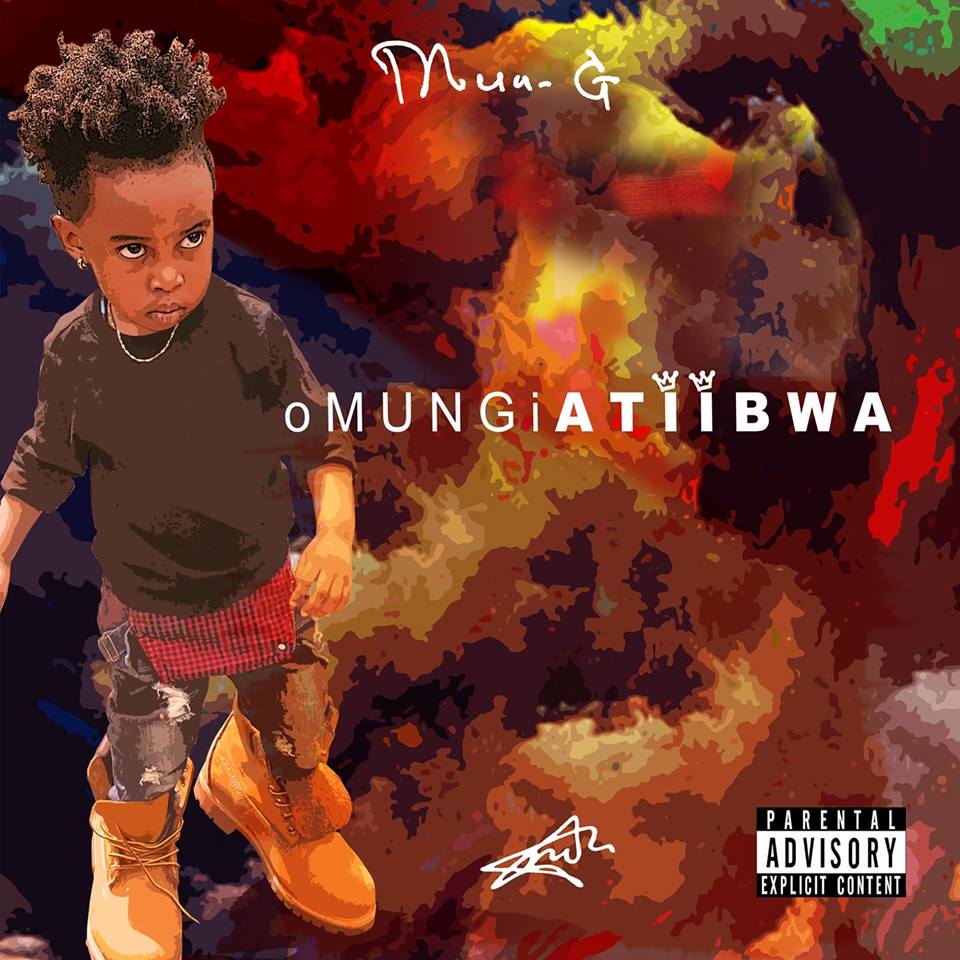Album Review: Just like Adele, Jay Melody has decided to play it safe in 'Therapy'

On April 16th, when Jay Melody officially announced the release of his debut album Therapy, one question lingered in the minds of every Tanzanian music pundit: Would Jay Melody explore other music genres, or would he play it safe by embracing his usual Baibuda and Bongo Fleva TikTok-appealing songs?
In November 2022, when Jay Melody released the upbeat Amapiano track Acha Wivu, a literal protest erupted among Tanzanian music netizens, with the angry army of fans lamenting that he had abandoned them by delving into Amapiano.
Instead, they wanted back their old version of Jay Melody, a master in crafting sweet romantic Bongo Fleva melodies that ended up in everyone's love playlist.
Wakati wasanii wa Bongo fleva wanakazana na Amapiano za sauzi jay melody ana gonga zake biti za kihindi anateleza mule mule.😂🙌🏽
— Wándöto.🍂 (@fufanchy) February 4, 2022
.Weird enough such protests never occurred with other Tanzanian artists like Marioo, Rayvanny, Harmonize, or even Diamond Platnumz, known for their fluidity and releasing projects of various mainstream genres.
READ ALSO: Harmonize balances global ambitions and feeding his local fans in 'Visit Bongo'
On his new album, it seems Jay Melody is not ready to experience another revolt or protest from fans, he has instead chosen to embrace what fans adore him for, which is his sweet, mid-tempo, romantic, and storytelling Bongo Fleva or Baibuda songs, the likes of Huba Hulu, Sambaloketo, Nakupenda, Sitosema, and Sawa.
This 14-track album that marks Jay Melody's first body of work since his debut in 2017 is a faithful replication of his beloved and well-known signature style.
Most songs in the Therapy album revolve around Jay Melody's trademark themes of sweet romance and heartfelt emotions.
READ ALSO; Diamond Platnumz joins forces with Mr Blue & Jay Melody In 'Mapoz'
In the Therapy album Jay Melody's trademark theme mentioned above is evident in tracks like the Phina-assisted Usiniache, Diamond, Sielewi, Watu, Superstar and Forever. In the songs, Jay Melody has nothing much to say lyrically rather than expressing admiration for his partner.
In a significant portion of the album, Jay Melody didn't attempt to mend heartbreaks like Marioo did in I Miss You, craft vacation anthems like Harmonize did in Zanzibar, or revive the fading R&B genre like Tommy Flavour in Omukwano.
Instead, he remained loyal to his tried-and-true formula of creating music tailored for women in their 20s and 30s—a formula that has earned him numerous hit songs, such as Nakupenda and Sawa.
However, within the 14-song album, Jay Melody has demonstrated a slight departure in certain tracks, whether in terms of sound or lyrical content.
The slight shift can be seen In Nahodha, one of the standout tracks of the album in which Jay Melody shifts the mood as he laments heartbreak and questions why his girlfriend betrayed him. Employing his signature Baibuda sound, Jay Melody poured out his sad and frustrating emotions on this track.
In Sio Sawa, a notably different track from the rest of the album, Jay Melody takes listeners on a journey as he depicts hesitancy when confronted with his friend's fiancée attempting to seduce him into an affair. In an album filled with romantic anthems, this song stands out for its unique theme.
Similarly, the album opener Bado showcases Jay Melody's endeavour to create an inspirational song aimed at uplifting others, marking one of the few tracks in the album that lyrically differs from the rest.
READ ALSO: Tommy Flavour's 'Heir To The Throne' lights up the fading Tanzanian RnB
Katika on the other hand is the only upbeat track in the album, where Jay Melody praises his girl for her twerking and waist-dancing skills amidst the otherwise calm and soft-textured songs.
It is, therefore safe to say that, in this album, Jay Melody has opted to stay true to his signature sweet romantic Bongo Fleva Baibuda style that made him a household name, choosing to play it safe to retain the audience that adores him.
While his supportive fanbase is likely to propel the album to massive streaming numbers, in terms of artistic evolution, Jay Melody appears to have remained stagnant.





